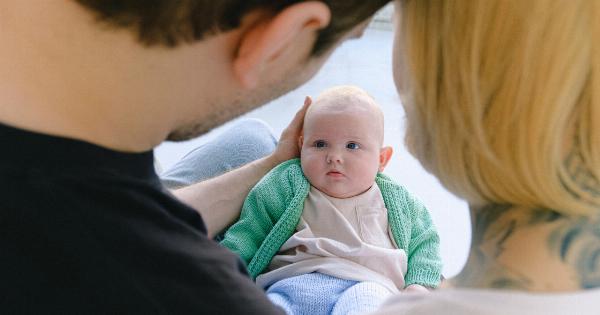Hypothermia is a medical condition that occurs when the body’s temperature drops below normal. This condition is particularly dangerous for infants as they are less able to regulate their body temperature than adults.
Hypothermia in infants needs immediate medical attention as it can lead to serious complications or even death. Parents and caregivers should be aware of the signs of hypothermia in infants. Read on to learn more.
What is Hypothermia?
Hypothermia is a medical condition that occurs when the body’s temperature drops below 95 degrees Fahrenheit. Normal body temperature for an infant ranges between 97.7 to 99.5 degrees Fahrenheit.
Infants are at a higher risk of hypothermia because they are less able to regulate their body temperature than adults. Hypothermia in infants can lead to serious complications such as organ failure, respiratory distress, and even death. Therefore, it is vital for parents and caregivers to be able to recognize the signs of hypothermia in infants.
Causes of Hypothermia in Infants
The following are some of the common causes of hypothermia in infants:.
- Exposure to cold temperatures for an extended period of time
- Wet clothing or bedding
- Poorly heated home
- Low birth weight or premature birth
- Illness or infection
- Prolonged exposure to air conditioning or other cool environments
Signs of Hypothermia in Infants
It is essential to be able to recognize the signs of hypothermia in infants. Some of the signs include:.
- Cool skin
- Abnormal activity levels such as listlessness or extreme irritability
- Pale or blue-tinged skin
- Difficulty breathing
- Weakened cry
- Poor feeding or swallowing
- Body temperature below 97.7 degrees Fahrenheit
- Low heart rate
- Low blood sugar levels
- Lethargy or sleepiness
Preventing Hypothermia in Infants
The following are some ways to prevent hypothermia in infants:.
- Dress your infant in warm and dry clothing
- Keep the room temperature between 68-72 degrees Fahrenheit
- Avoid prolonged exposure to cold temperatures
- Avoid placing your infant in a room with a cold draft
- Make sure your infant’s bedding is dry and warm
- Do not overdress your infant
- Provide plenty of fluids to your infant to help maintain their body temperature
What to do if you suspect hypothermia in infants?
If you suspect your infant is suffering from hypothermia, seek medical attention immediately. It is important to act quickly to avoid complications or death. While waiting for medical help, remove the infant from the cold environment and keep them warm.
Cover the infant with warm blankets and place them in a warm room with a normal temperature. Do not use hot water or a heating pad to warm the infant as they can cause burns or further complications.
When to seek emergency medical attention?
If your infant shows any signs of hypothermia, seek immediate emergency medical attention. Hypothermia is a medical emergency and requires prompt medical attention. The earlier the treatment, the better the chances of survival and avoiding complications.
Conclusion
In conclusion, hypothermia in infants is a serious medical condition that requires immediate attention. Parents and caregivers should be aware of the signs of hypothermia and take steps to prevent it from occurring.
If hypothermia is suspected, seek medical attention immediately. Remember, prevention is better than cure, so take the necessary steps to keep your infant warm and healthy.






























